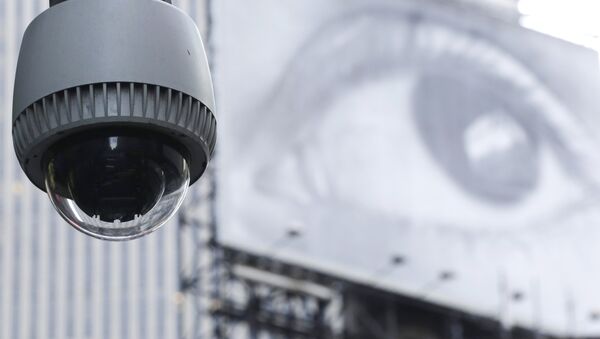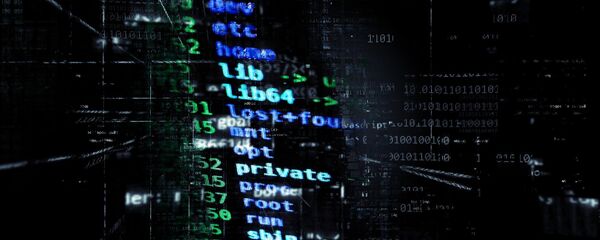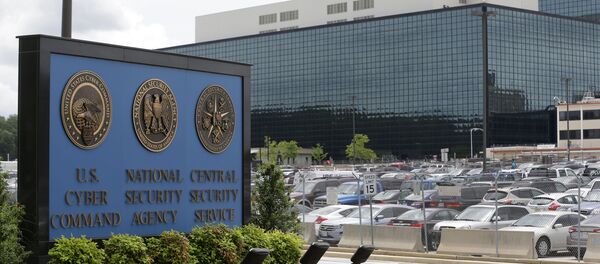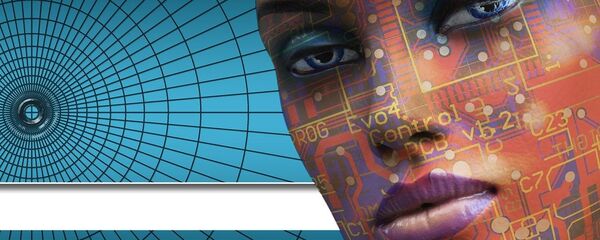Fort Leonard Wood took down five cameras manufactured by Hangzhou Hikvision Digital Technology Co. used for monitoring the roads and parking lots at the army base, the Wall Street Journal reported Friday. The Chinese government has a 42 percent ownership stake in the firm the report stated.
"The news that there were Hikvision cameras at Fort Leonard Wood was very concerning," Representative Vicky Hartzler (R-MO) said, according to WSJ.
The military didn't believe the cameras presented the potential for Beijing to conduct surveillance and collect intelligence. "We never believed [the cameras] were a security risk," said Col. Christopher Beck, chief of staff for the base, because "they were always on a closed circuit."
Instead, the army replaced the Hikvision cameras to "remove any negative perception" about the presence of the cameras after reports surfaced about their use. "At no time did any of these cameras cover a high-security or high-security critical asset," Beck noted.
Hikvision "believes the products it builds and distributes around the world meet the highest standards of not only quality but also security," a company spokesperson said. "We stand by our products."
The US House of Representatives is slated to hold a hearing at the end of January taking a closer look at potential threats posed by foreign-made security cameras. "You have a company here, Hikvision, in which the Chinese government has a major controlling interest, making a significant portion of the world's surveillance cameras," Congressman Steve Chabot told WSJ.
"It is a significant concern that Beijing could use these cameras to essentially spy on us," Chabot added, without citing any specific evidence to support the claim.
If the concerns turn out to have merit, the US wouldn't be the only country Beijing might have eyes on through the security cameras. Hikvision had a greater market share of security cameras, analogue +HD CCTV security cameras, network security cameras and recorders than any other company in the world in 2016, according to IHS Markit, a leading global research firm.
Concerns of cyberespionage are not likely to subside anytime soon, some analysts suggest.
"While cyberespionage will always grab headlines, there's a quieter, more pervasive security threat at play here," writes Kaelyn Lowmaster, a former analyst at the US Army's International Affairs Division, in a November column for the Hill.
"The so-called ‘internet of things' is growing exponentially, including everything from the surveillance cameras Hikvision makes to your fitness tracker or smart thermostat. These devices collect a wealth of information on the environment and users with which they interact and communicate that data with various digital service providers," Lowmaster continued.
"By some estimates, there will be 200 billion connected devices by 2020 and 95 percent of those devices will be manufactured in China. Simply put, we're going to be using Chinese technology and devices as a critical component of our connected lives moving forward," the analyst said.





